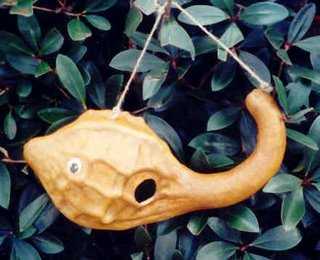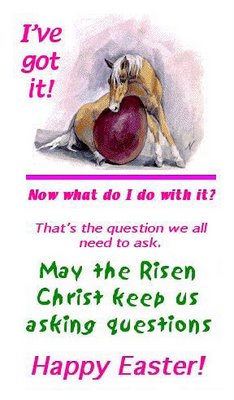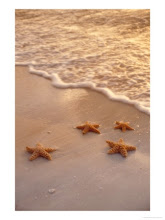CATCHING MONKEYS

In India they catch monkeys by cutting a small hole in a gourd which is anchored to a tree or to the ground. The hole is just big enough for a monkey’s hand to slip through, and there is some food inside. No monkey can resist reaching in and grabbing the food, and of course when it does its clenched fist is too big to pull back through the hole again. So there the monkey is, stubbornly holding onto the food that isn’t doing it a bit of good, until someone comes along and puts the monkey in a sack. All the while it could have gotten free just by letting go.
Oh, poor monkey. Allow me to anthropomorphize, just a little. I imagine that the monkey is so proud of himself, having found a luscious fruit that nobody else knows about. “It’s mine, all mine,” the Silas Marner in him proclaims. We would hope that if a tiger or some other hungry predator came along, he’d let go and sail by leaps and bounds into the thin, high branches of a tall tree. But would he be quick enough? Or would greed hold him to the spot for that split second too long?
Am I that monkey? Am I consistently – or even occasionally -- grabbing and holding onto things or people or habits or thoughts that are holding me down and keeping me from moving on? What am I holding onto that keeps me from taking the next step on my path? What danger am I courting by holding on so fiercely? What will it take to enable me to let go?





